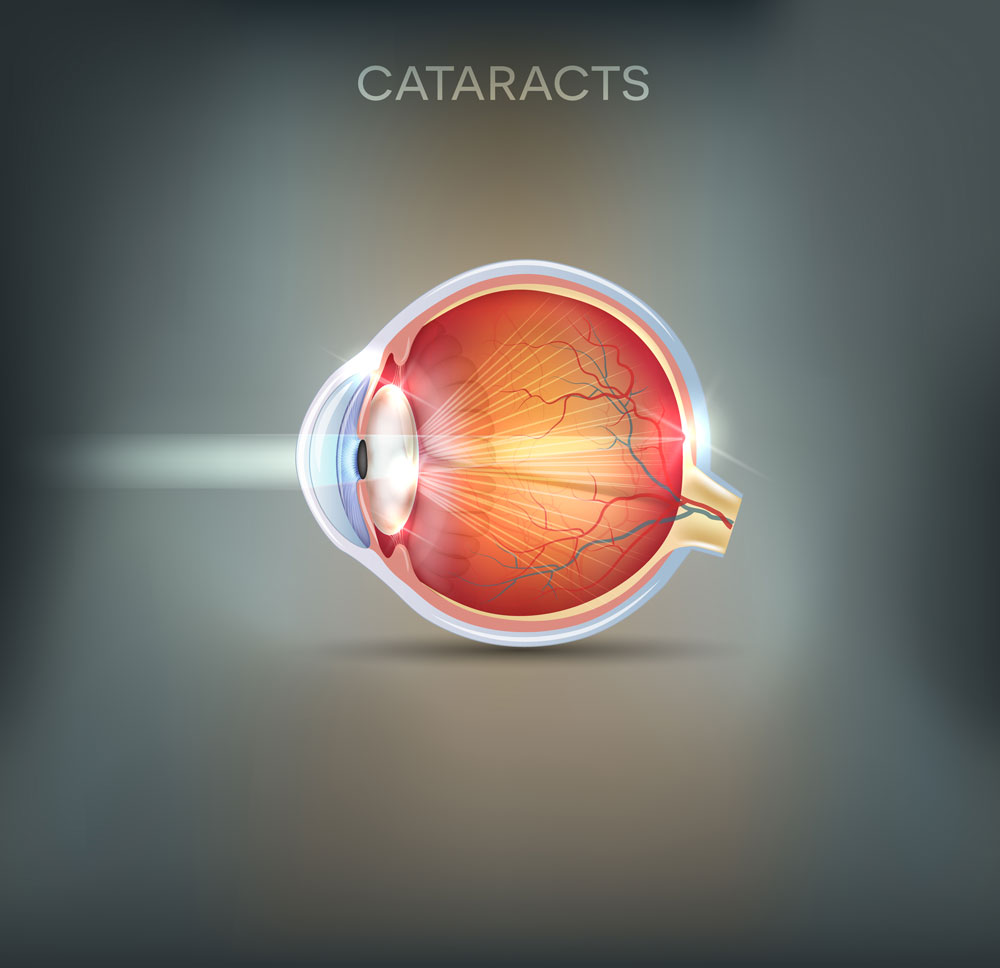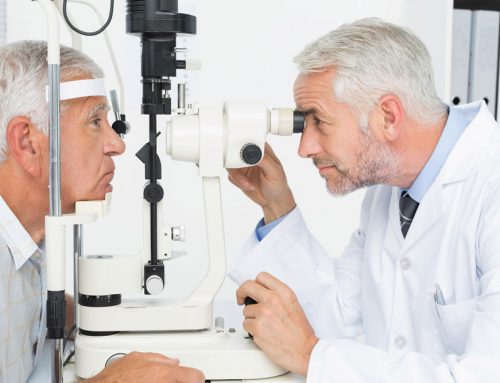
Because everyone differs in their physiology, there’s no universal answer to when you should have cataract surgery. Instead, there are different time frames for everyone. As a general rule though, cataract surgery should not be undertaken until it’s necessary.
Some people have cataracts which do not cause changes to their vision or otherwise impact on their lives. In these cases, cataract removal surgery isn’t needed. The only person who can judge this is an ophthalmologist. If you need to know when is the right time to have cataract surgery, seek expert advice on your particular situation.
If you have cataracts and need to check on their development, please make an appointment to see us at the New Jersey Eye Center. From either of our locations in Bergenfield and Passaic, we can offer you our expert opinion on when to have cataract surgery.
Blurry vision and trouble seeing, time for cataract surgery?
If your cataract or cataracts are impeding your ability to see, it’s time to correct the issue. If your eye surgeon says it is still not the time for surgery, you may be prescribed spectacles to help correct any refractive errors brought about by the condition.
There is a general rule of thumb though. When the cataract stops you from being able to see clearly, hinders your ability to drive, or causes glare at night, it’s probably time for surgery.
Developing cataract and surgery
As a cataract develops, it gets harder or “ripe.” In the past, eye surgeons only removed the cataract once it was deemed developed. This was because the lens couldn’t be taken out safely unless the cataract was relatively firm.
Advancements in medical science now mean that cataract removal surgery can be safely achieved at most stages of development.
Ask your ophthalmologist when to have cataract surgery
In some situations, a cataract should be removed earlier rather than later. Left too long and not kept in check, cataracts can become very hard. At a very advanced stage, cataracts become harder for even the most skilled eye surgeon to remove.
If cataracts are developing slowly over a very long period of time, they can cause complications. Inflammation and/or higher levels of intraocular pressure are some of the associated risks. These factors can lead to the onset of glaucoma.
Always keep regular appointments with your ophthalmologist if you have cataracts. They will advise you on when it’s the right time to have cataract surgery.
Are there other treatments for cataracts?
Many people think that eye drops and other medications can help with developing cataracts, but this is not true. The only treatment that has been scientifically proven is surgical removal of the cataract lens.
Staying informed
Your ophthalmologist will keep you informed about the progress of your cataracts. It’s likely that they will offer you several options as to when to have cataract surgery. You should listen to their advice carefully and use their knowledge to inform your own decision. Ultimately, it’s up to you.




